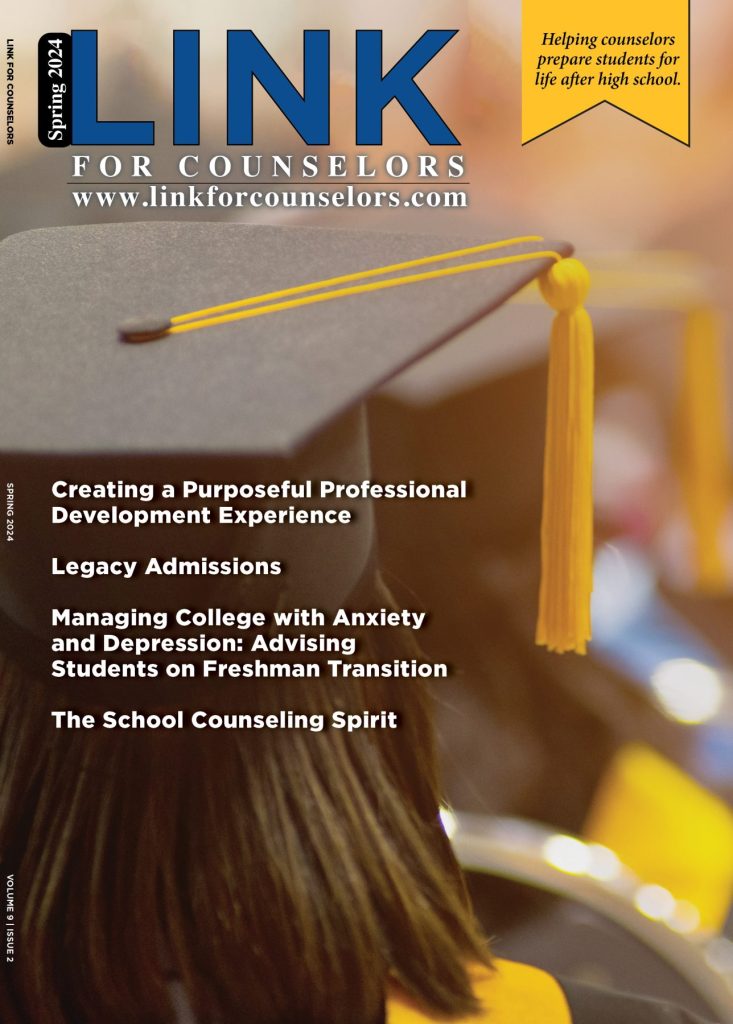Does PSAT prep make any sense?
When I think about PSAT prep, I am reminded of Judge Alex Kozinski’s closing line at the end of his ruling in Mattel, Inc. v. MCA Records, Inc.: “The parties are advised to chill.”
Let’s start by laying out the facts. For the vast majority of students, the utility of the PSAT is twofold. First and foremost, the PSAT exposes them to the style, structure, and content of a major standardized college admissions exam (the SAT). For most students, the PSAT will be their first experience dealing with this type of test. In turn, this will allow them to establish baseline scores and to familiarize themselves with a test format they’ll face in the future. Second, the PSAT provides the highest-performing students with a chance to achieve glory and a small financial award through the National Merit Scholarship Corporation.
As parents and students have become ever more concerned with test scores, they have begun to seek test prep for just about every exam. Naturally, PSAT prep has become a thing. But, with the best interests of already stressed students in mind, is it necessary?
It depends on how you define prep. What students don’t need is 30 hours of intense course instruction or private tutoring with homework assignments and multiple full-length practice exams. This is, quite simply, overkill.
What students should seek, however, is a resource through which they can learn about what’s on the PSAT, including the question content and time constraints. This will allow students to mitigate the nerves associated with being dropped into an otherwise unfamiliar situation, and thus to perform at their best on test day. When students take a little time to look through a sample exam, work through questions, and learn some basic strategies, they dramatically increase their chances of walking away from the PSAT with a positive, growth-oriented mindset. This can contribute significantly to success on the SAT (or ACT) later on.
What about those high-achieving students whose goal it is to win a National Merit Scholarship? On the part of you, the counselor, it’s helpful to foster realistic expectations. Of the 1.6 million students who take the PSAT annually, 50,000 (a little over 3% of test-taking juniors) are “commended” or achieve “semifinalist” status––they get a feather in their cap for achieving a great PSAT score. After several rounds of winnowing, only 15,000 (about 1% of test-taking juniors) are designated as “finalists”, and then only 7,500 (about only 0.5% of test-taking juniors) actually win a merit scholarship. Attaining any level of recognition is noteworthy, and high-level students should be encouraged to maintain this as a goal. Actually winning a scholarship, though, is very difficult: many factors on top of a stellar PSAT score affect who wins. (See here for full details.) So even those students whose goal it is to crush the PSAT ought to know that they shouldn’t go over the top with their prep: the cost/benefit analysis shows that the added stress and time commitment just aren’t worth it.
As counselors, you can help students acquire the proper materials like official practice exams. You can also have discussions with students about the real value the PSAT provides: the opportunity to see where one stands and to set a plan for the future. If your students see the PSAT as a simple chance to get the ball rolling on their standardized admissions tests, everyone wins.
Evan Wessler is VP Education of Method Test Prep. He can answer any questions you have about the SAT or ACT by e-mailing him at evan@methodtestprep.com or by visiting the Method Test Prep website at http://www.methodtestprep.com




